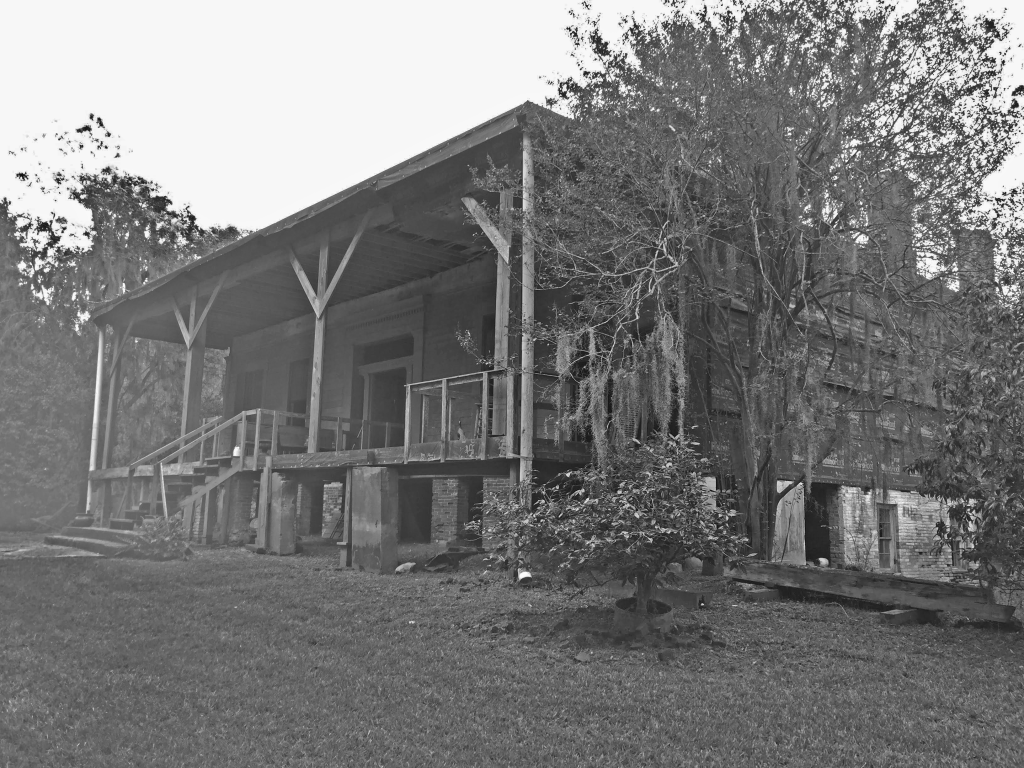The Archaeological Conservancy's
2023 Virtual Lecture Series
Prospect Hill: Enslavement and Freedom from Mississippi to Africa
Presented by:
- Dr. Shawn Lambert, Assistant Professor of Anthropology at Mississippi State University
- Jessica Fleming Crawford, Southeast Regional Director for The Archaeological Conservancy
- Dr. James Andrew Whitaker, Assistant Professor of Anthropology at Troy University, Adjunct Faculty, Mississippi State University, and Honorary Research Fellow, University of St Andrews
Register Here
More about the lecture:
Join us at 5:00 PM MDT on September 14, 2023 for a presentation about our Prospect Hill Plantation and a recent project that connects this southern Mississippi plantation with the African country of Liberia.
In 2011, The Archaeological Conservancy purchased the Prospect Hill Plantation preserve in south Mississippi. The plantation was established in the early 1800’s and at its height, as many as 300 people were enslaved there. Isaac Ross, the plantation owner, was a member of the American Colonization Society which raised money to establish settlements of formerly enslaved people in what is now the country of Liberia.

Current plantation house at Prospect Hill Plantation. The original house burned down in 1845.
Photo by Nikki Mattson
During the 1840s, a group of at least 300 previously enslaved African-Americans were sent as settlers from Prospect Hill to Sinoe County, Liberia. The Sinoe settlement, referred to as Mississippi in Africa, was founded by the Mississippi State Colonization Society. This history links Mississippi and Liberia and is the context for a research project at both Prospect Hill and Liberia. This project will use archaeological surveys and excavations to uncover material culture to better understand the lives of the people at Prospect Hill who became settlers to Liberia. The objective is to collect data concerning their material culture and to analyze this data to ascertain cultural, economic, political, and social patterns that will later be compared in a separate study using surveys and excavations at settlement sites in Sinoe County, Liberia. The project began in June 2023 with a week of public outreach and public participation in archaeological excavations at the site.




